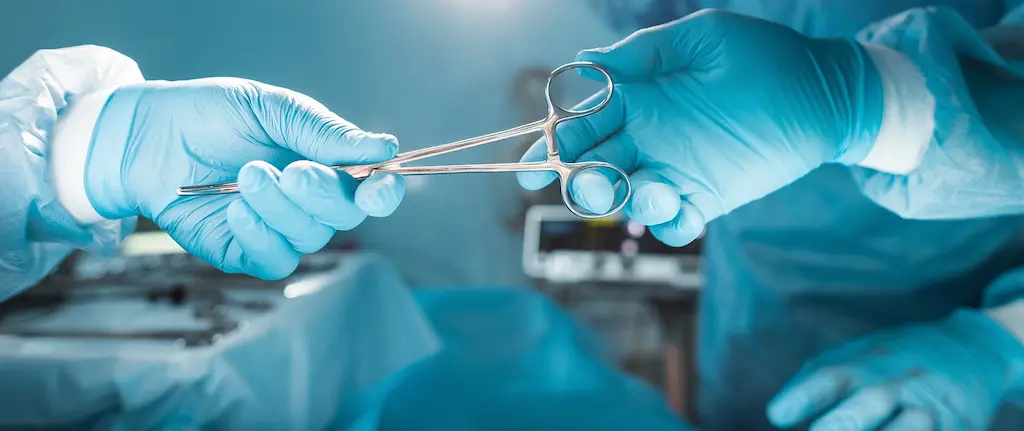Becoming a surgical tech requires completion of an accredited surgical technology program, which typically leads to an associate degree. According to the Bureau of Labor Statistics, most employers prefer candidates who have formal education and certification in surgical technology.
Program Prerequisites
Before entering a surgical technology program, students must complete several prerequisites. These typically include a high school diploma or GED, with a strong foundation in biology, chemistry, and mathematics. Many programs also require completion of basic college-level courses in anatomy, physiology, and medical terminology before admission.
Program Length and Structure
Surgical technology programs generally take 12-24 months to complete, depending on whether you pursue a certificate or associate degree. Certificate programs typically last 12-15 months, while associate degree programs require 18-24 months of full-time study. The associate degree path often provides more comprehensive education and better career advancement opportunities.
Core Coursework
The curriculum in surgical technology programs combines classroom instruction with hands-on clinical training. Students study sterilization techniques, surgical procedures, medical terminology, and patient care practices. Laboratory sessions allow practice with surgical instruments and equipment in simulated operating room environments.
Clinical Training Requirements
All accredited programs include mandatory clinical rotations in hospital operating rooms or surgical centers. These rotations typically comprise 500-600 hours of supervised practical experience. During this time, students assist in real surgical procedures under the supervision of experienced surgical technologists and surgeons.
Additional Certifications
While not all states require certification, most employers prefer or require the National Board of Surgical Technology and Surgical Assisting (NBSTSA) certification. To maintain certification, surgical techs must complete 60 hours of continuing education every four years and keep their certification current through regular renewal.
Recommended Preparation
Beyond the minimum requirements, successful surgical technology students often benefit from additional preparation. This includes courses in medical ethics, pharmacology, and microbiology. Experience in healthcare settings, such as volunteer work or entry-level medical positions, can also provide valuable exposure to the medical field.
